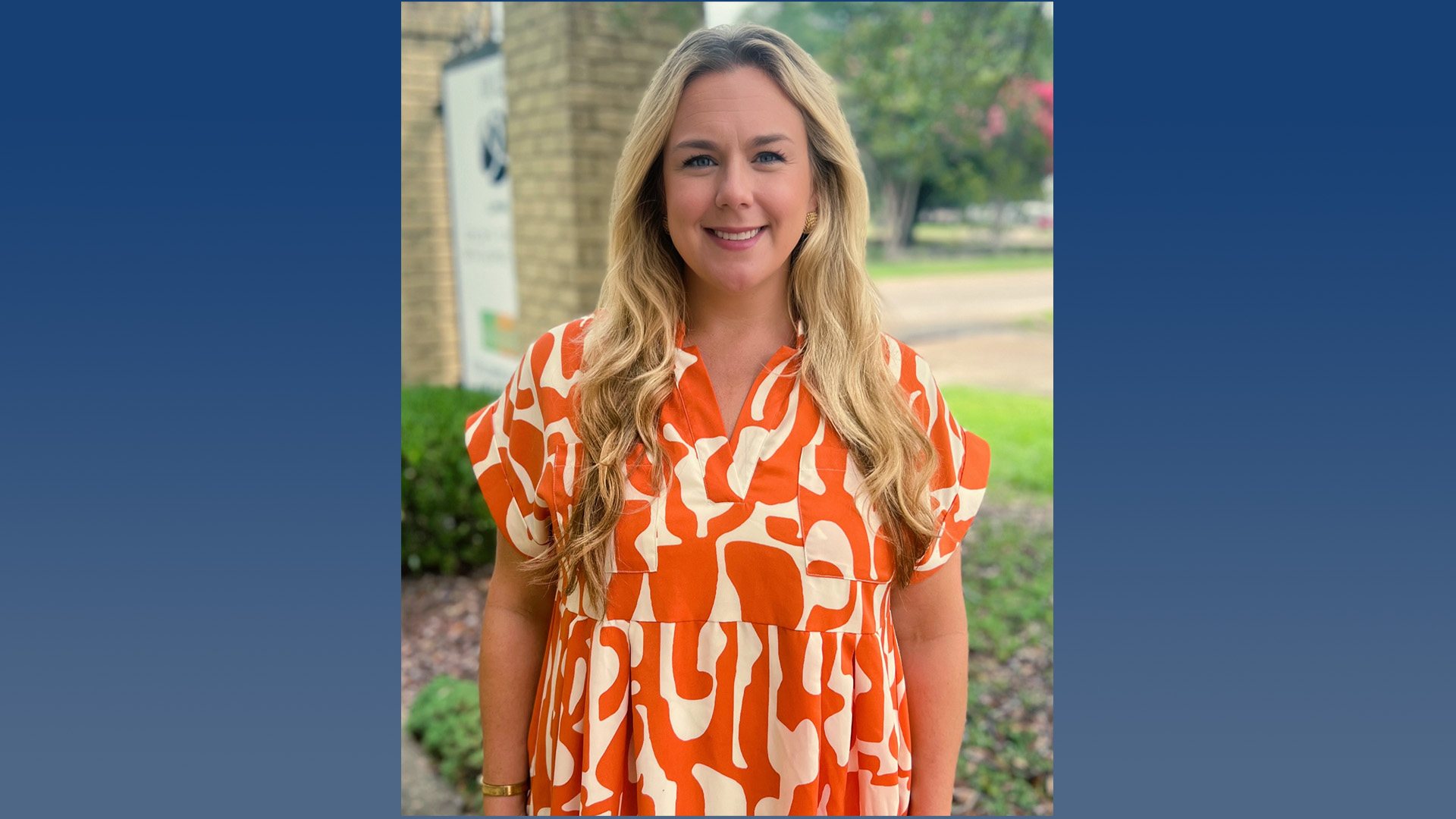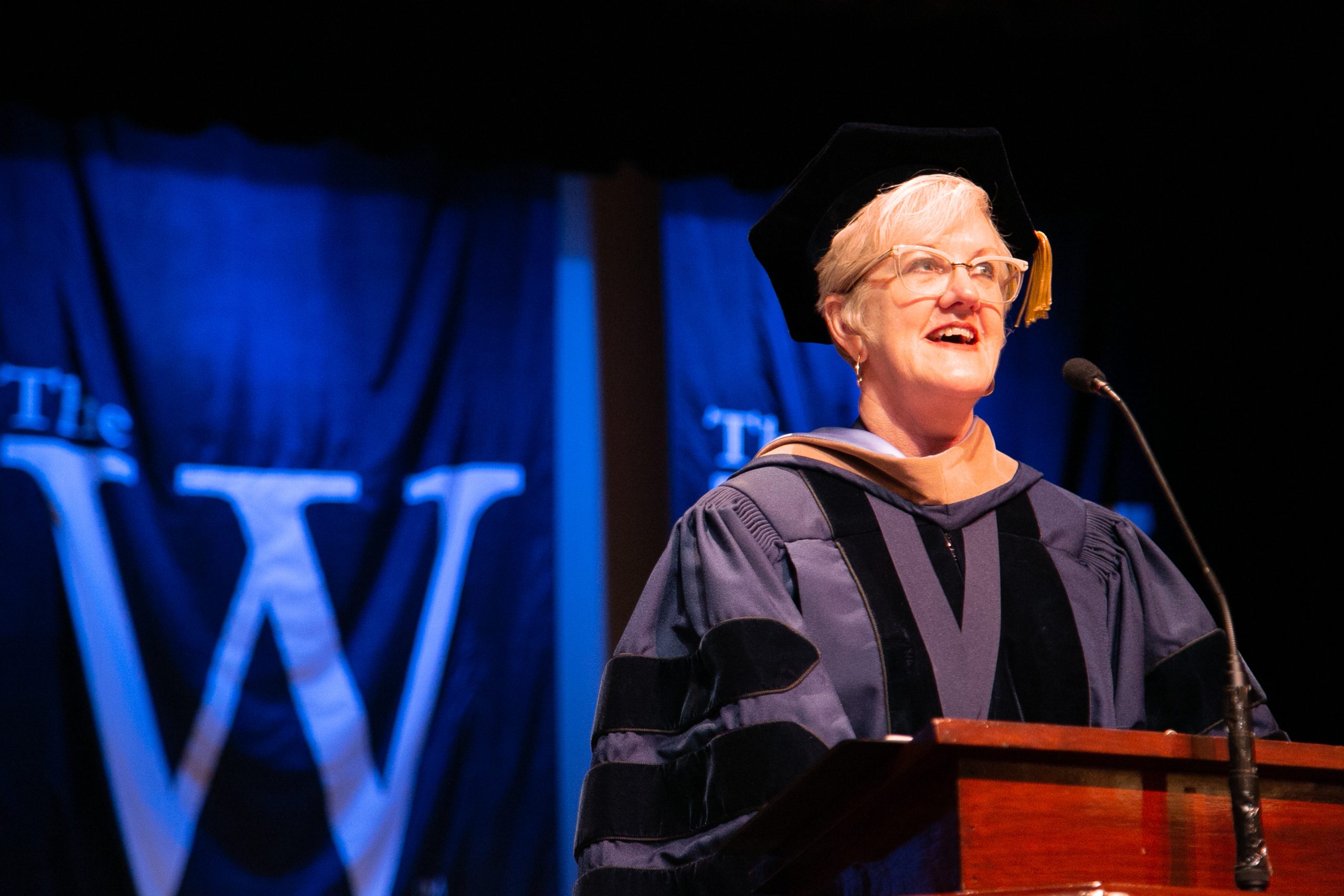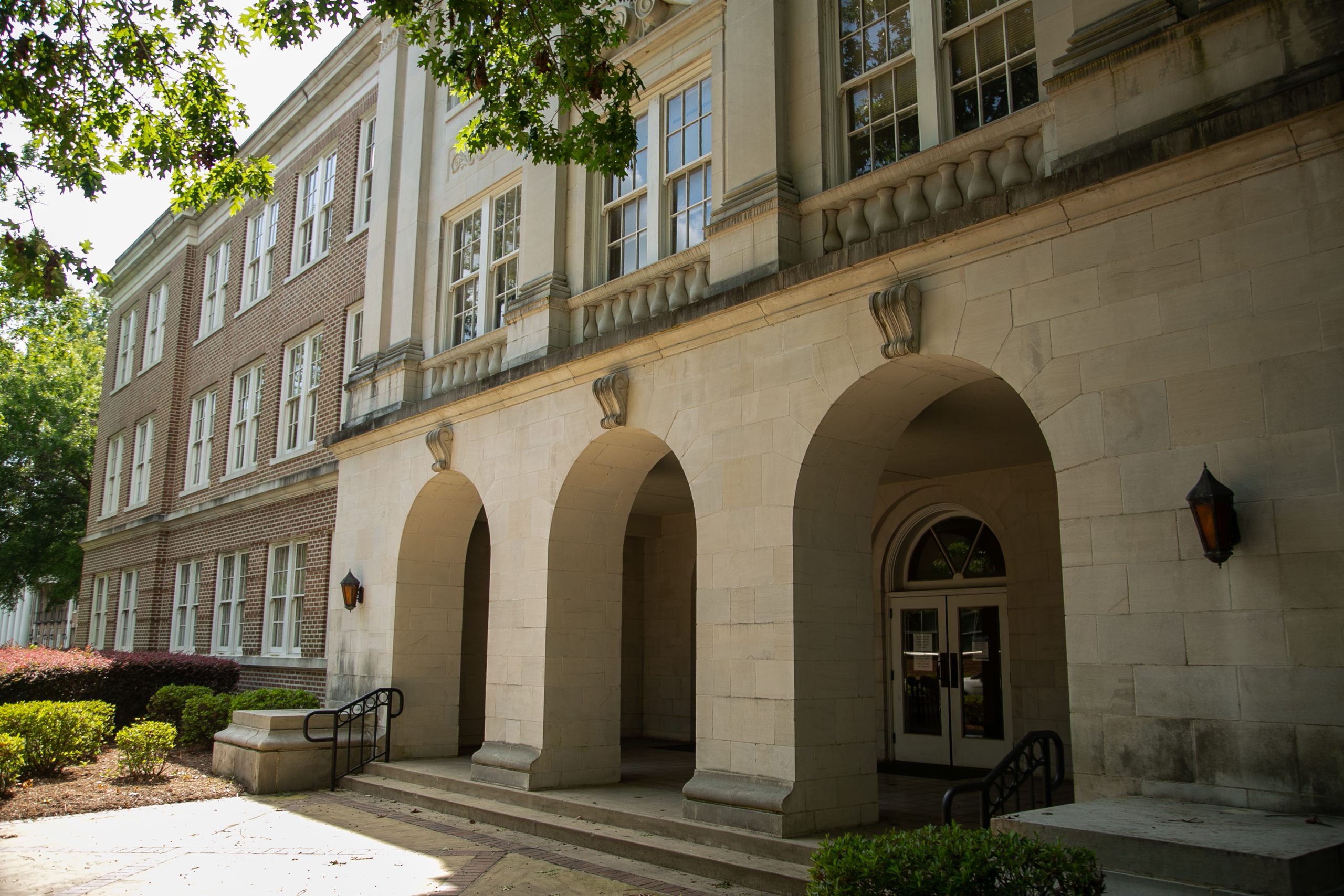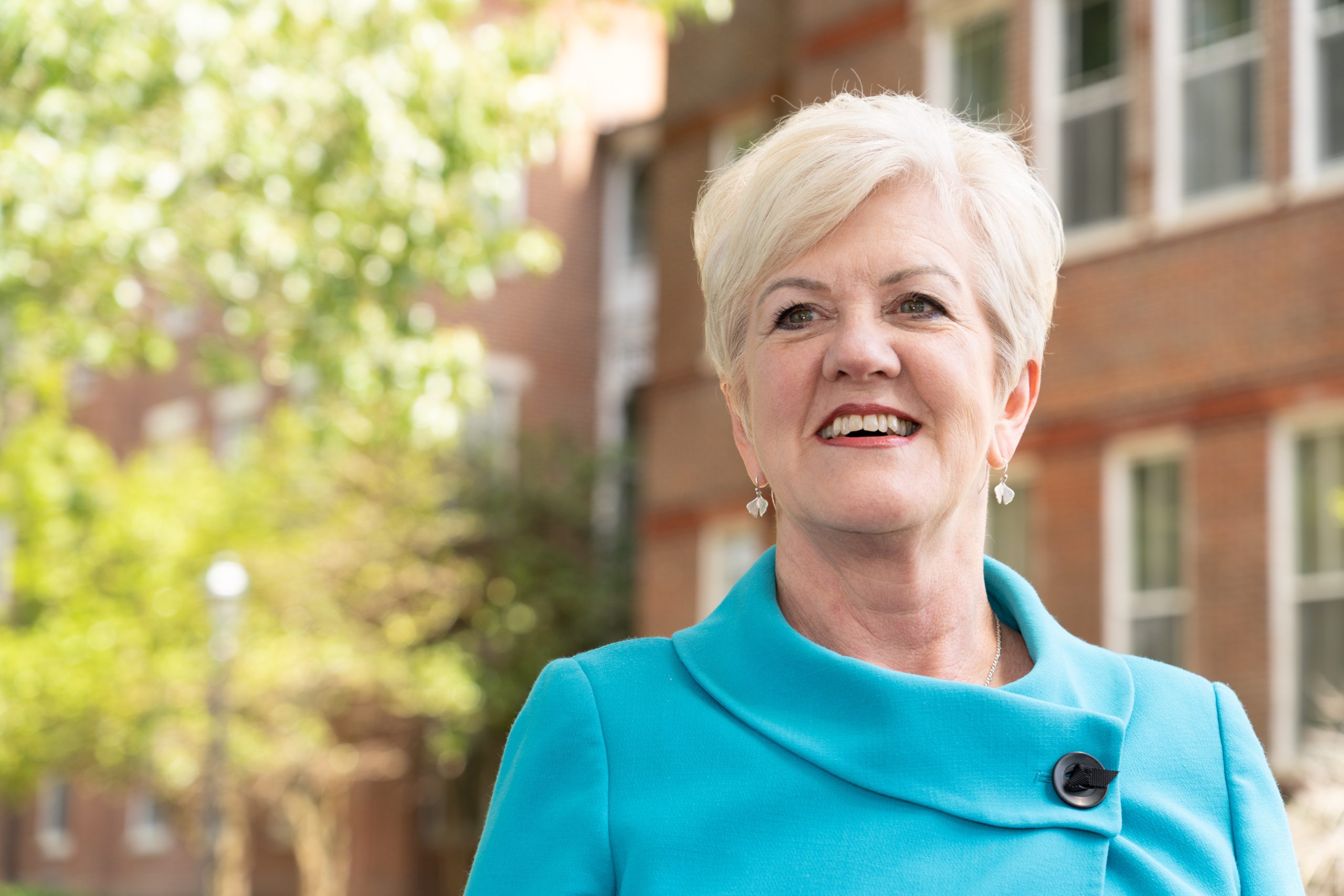Each employee should have received a notification from notifications@securityiq-notifications.com informing them they have been enrolled in Cyber Security Training. Each employee is REQUIRED to complete the training. This is a requirement not only by the university in Policy Statement 3305, but also mandated by Mississippi Code 25-53-201 and Federal…
news
Mississippi University for Women has selected Cathryn Vaughn Borer as director of alumni relations and donor engagement. Cathryn Vaughn Borer “As a W alum, this job opportunity is honestly a dream come true. I have so much pride and respect for this institution, and I can’t wait to help other…
Mississippi University for Women will recognize fall graduates during the Fall Commencement Ceremony Friday, Dec. 1 at 11 a.m. in Rent Auditorium, Whitfield Hall. Each graduate will receive six tickets for their conferral ceremony. Tickets will be distributed from Parkinson Hall approximately two-and-a-half hours prior to the ceremony. Graduates should…
Grant funds through the Nursing and Allied Health Grant Program will allow Mississippi University for Women’s Bill and Jo-Ann Vandergriff College of Nursing and Health Sciences to hire a wellness coordinator to further improve the student experience. “The pandemic impacted the retention and graduation of current nursing students in undergraduate…
Mississippi University for Women’s President Nora Miller was recently elected to the American Association of State Colleges and Universities (AASCU) Board of Directors at the organization’s annual conference in Chicago. Nora Miller Miller was among three other university presidents elected to the board: Houston Davis, president, University of Central Arkansas;…




